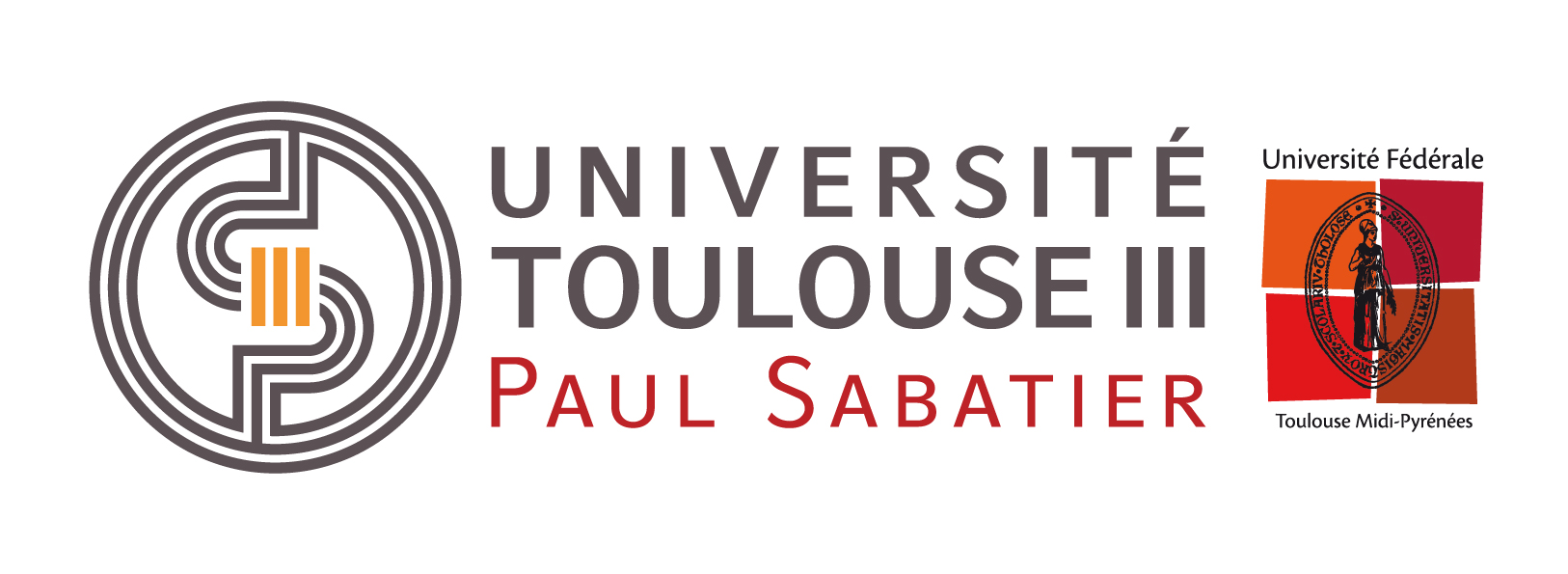Identification and characterisation of the cells responsible for the initiation of B-lineage leukaemias
B-lineage leukaemias,
Oncogenes,
Leukaemic stem cells,
Leukaemic initiation and transformation.
Bastien Gerby IGAALD team’s Impact of genetic alterations on acute leukemia development
The development of B-lineage leukaemias is a multi-step process characterised by the successive acquisition of genetic alterations leading to tumour transformation. In order to recapitulate the different stages of leukaemic development, we previously generated a genetically modified mouse model (Jamrog L et al., PNAS, 2018). Using this model, our study recently published in Journal of Experimental Medicine is interested in identifying and characterising the cells responsible for leukaemic initiation. The work indicates that the first genetic alteration induces the emergence of pre-leukaemic cells enriched in dormant cells that are resistant to chemotherapies, activate an aberrant stem cell molecular programme, and are the support for leukaemic initiation. This work therefore provides new insight into the mechanisms involved in the emergence of and resistance to treatments for this disease, which particularly affects children.
Major efforts in fundamental and translational research are being devoted to the discovery of new therapies aimed at specifically targeting the cells at the origin of B-lineage leukaemia. To achieve this goal, understanding the mechanisms governing the development of this disease is a major step forward. Using our genetically modified mouse model, we have identified the cells that initiate leukaemia. These cells will therefore serve as biological material for the testing of thousands of chemical compounds, which should enable us to discover new candidate molecules for the effective treatment of B-lineage leukaemias.

Model of leukaemic initiation induced by the primary oncogene PAX5-ELN. Using a transgenic mouse model mimicking the development of human B leukaemias, our work indicates that the PAX5-ELN oncogene induces a block in B differentiation during the early stages of the disease. This process is associated with the emergence of pre-leukaemic cells enriched in quiescent cells that are resistant to chemotherapy, activate a molecular stem cell programme and support leukaemic initiation (Pre-CSLs: Pre-Leukaemic Stem Cells).
Discover the published article
J Exp Med. 2024 Jan 1;221(1):e20230279.doi: 10.1084/jem.20230279. Epub 2023 Nov 6.
Stem cell-like reprogramming is required for leukemia-initiating activity in B-ALL
Vincent Fregona, Manon Bayet, Mathieu Bouttier, Laetitia Largeaud, Camille Hamelle, Laura A Jamrog, Naïs Prade, Stéphanie Lagarde, Sylvie Hebrard, Isabelle Luquet, Véronique Mansat-De Mas, Marie Nolla, Marlène Pasquet, Christine Didier, Ahmed Amine Khamlichi, Cyril Broccardo, Éric Delabesse, Stéphane J C Mancini, Bastien Gerby
Collaborations et partenerships
Collaborations :
- Ahmed Amine Khamlichi : Institut de Pharmacologie et de Biologie Structurale (IPBS), Université de Toulouse, CNRS, Université Toulouse III – Paul Sabatier (UT3), Toulouse, France.
- Stéphane J. C. Mancini : Univ Rennes, EFS, Inserm, MOBIDIC – UMR_S 1236, F-35000 Rennes, France
Funding :
- Institut National de la Santé et de la Recherche Médicale (INSERM, France).
- Centre National de la Recherche Scientifique (CNRS, France).
- Institut National du Cancer, France (INCa-2020-096, France).
- Agence Nationale de la Recherche (ANR-18-CE13-0002-01, France).
- Fondation ARC pour la Recherche sur le Cancer (PJA-20181207977, France).
- Ligue Nationale Contre le Cancer (Équipe labellisée)
- Institut Carnot OPALE (Équipe labellisée)
- Associations “Laurette Fugain”, “111 des arts”, “Cassandra” and “Constance la petite guerrière astronaute”.

Toulouse Cancer Research Center (Oncopole)
Toulouse - FR
Contact us
+33 5 82 74 15 75
Want to join
the CRCT team ?




